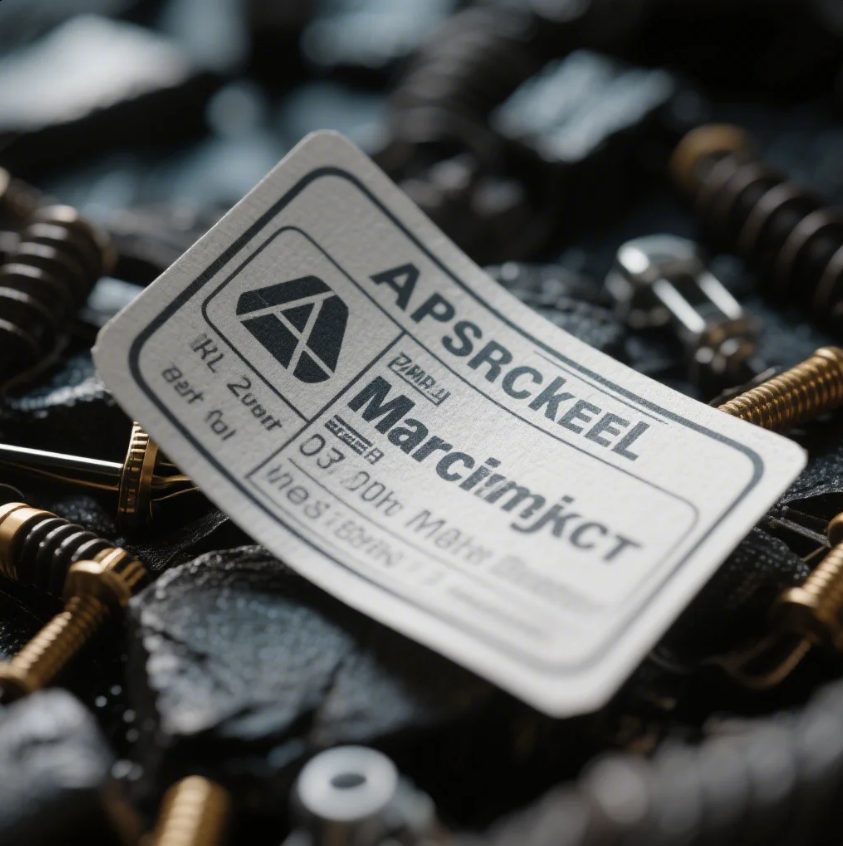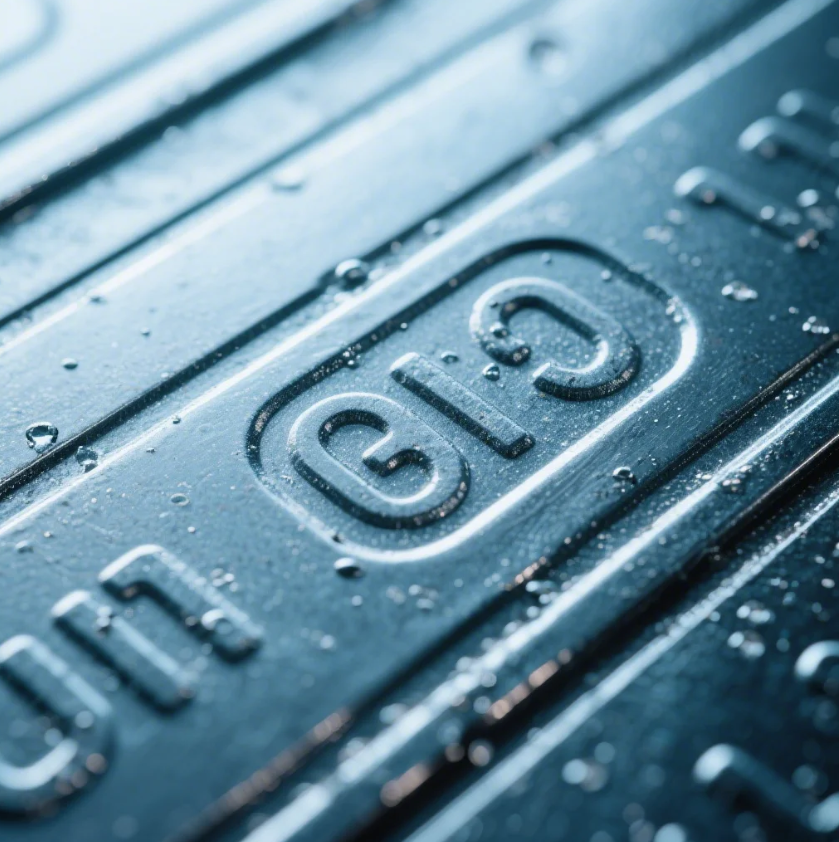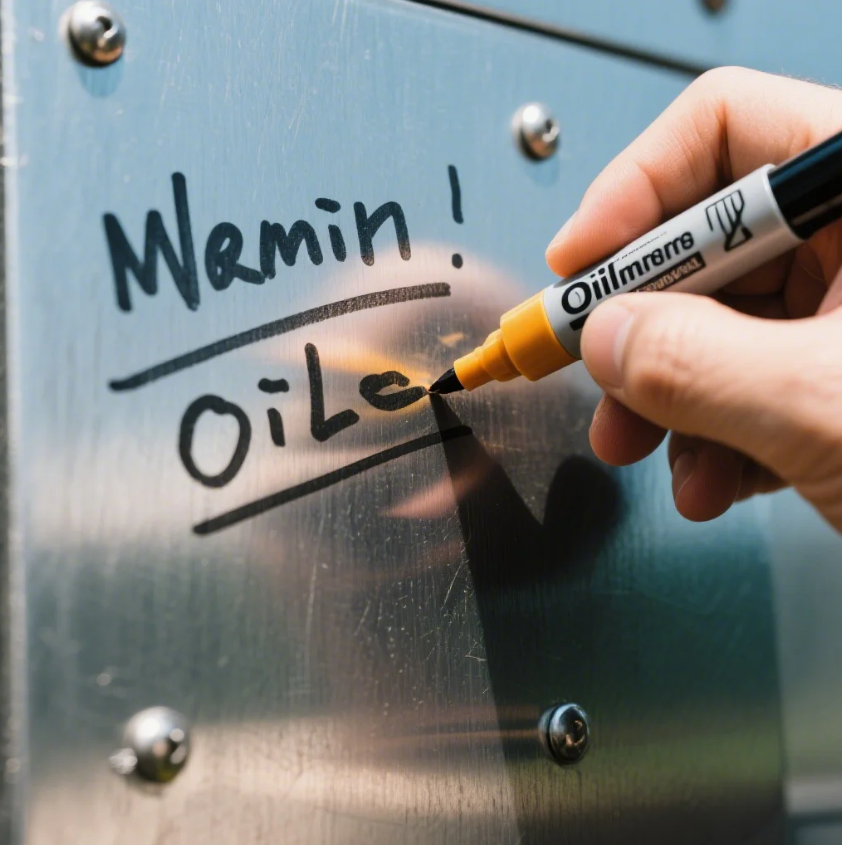Why is ISO Certification Important for Your Parts Supplier?
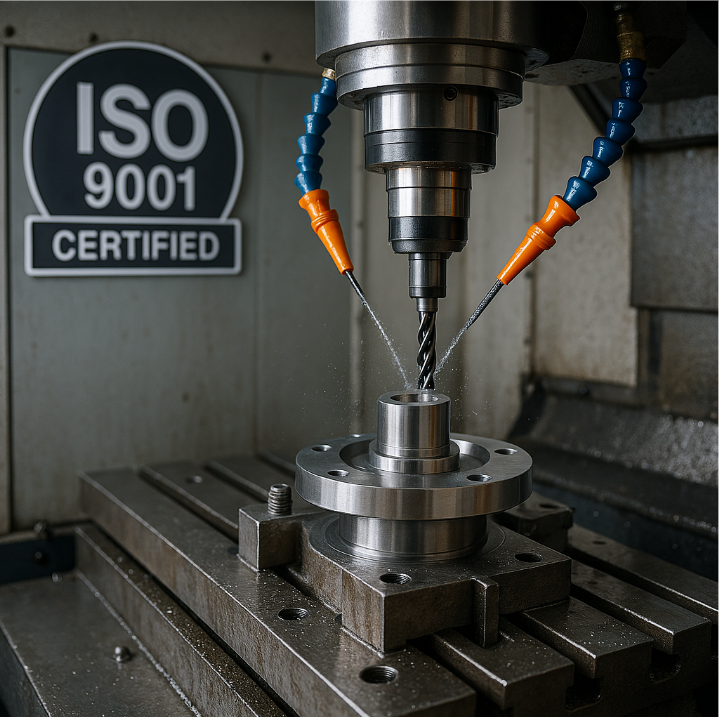
Choosing an ISO-certified supplier isn’t just paperwork—it’s a guarantee of manufacturing discipline that prevents defects and delays. At Prime, our ISO 9001:2015 certification has helped clients reduce inspection costs by 40% while eliminating material non-conformities.
ISO certification validates a supplier’s adherence to international quality standards through documented processes, consistent audits, and continuous improvement (PDCA cycles) - crucial for industries like automotive (IATF 16949) and medical devices (ISO 13485).
For buyers, this translates to reliable parts, smoother customs clearance, and fewer production disruptions. Here’s how ISO compliance protects your supply chain:
1. Does ISO Certification Actually Improve Product Quality?
Certification forces structured quality control.
**Our ISO-mandated processes include:
- Incoming material checks (spectrometer alloy verification)
- Statistical process control (SPC charts tracking CNC accuracy)
- First-article inspections (3D scans vs CAD models)
Result: Zero defect escapes to automotive clients for 3 consecutive years.**
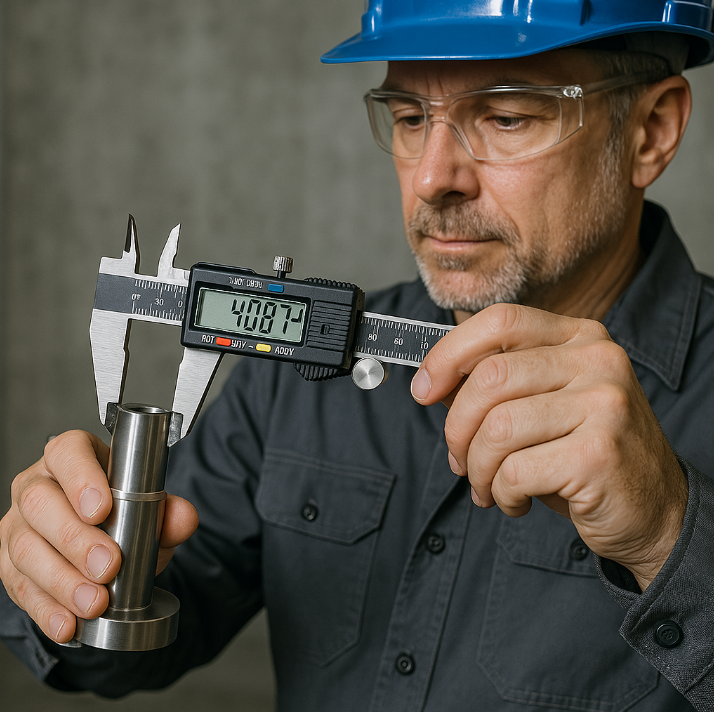
Before/After ISO Implementation Defect Rates
| Defect Type | Pre-ISO Rate | Current Rate | Improvement |
|---|---|---|---|
| Dimensional | 8.7% | 0.9% | 90% ↓ |
| Surface Finish | 6.2% | 0.5% | 92% ↓ |
| Material Mix | 3.1% | 0% | 100% ↓ |
2. How Does ISO Reduce Supply Chain Risks?
Standardization prevents costly variables.
Our certification requires:
• Traceability systems (barcode tracking from raw material to shipment)
• Documented work instructions (eliminating tribal knowledge)
• Supplier vetting protocols (approved vendor lists only)
Prevented a $250k recall by catching incorrect zinc alloy before production.
3. Will ISO Certification Speed Up Customs Clearance?
Certificates act as global compliance passports.
**Benefits we’ve documented:
- Faster EU CE marking (reduced testing with ISO 9001 foundation)
- Simplified FDA submissions (QS Reg compliance alignment)
- Duty reductions (preferential origin status in FTA countries)
Shaved 8 days off Middle East shipments via streamlined documentation.**
Customs Clearance Times Comparison
| Document Type | Non-ISO Supplier | ISO-Certified Supplier |
|---|---|---|
| Material Certs | 3-5 days | <24 hours |
| RoHS Compliance | Manual testing | Pre-validated |
| Country-Specific | Case-by-case | Standardized templates |
4. Can ISO Certification Lower Your Costs?
Efficiency gains directly impact pricing.
Our lean manufacturing improvements from ISO:
▶ Reduced scrap rates (from 9% to 1.2% through process controls)
▶ Optimized inventories (JIT enabled by predictable quality)
▶ Fewer returns (eliminated 100% of metallurgical defects)
Delivered 12% cost savings to HVAC clients via waste reduction.
5. Does ISO Ensure Business Continuity?
Certification requires disaster preparedness.
Our mandated safeguards:
✓ Backup suppliers (for critical raw materials)
✓ Equipment redundancy (dual CNC lines for high-demand parts)
✓ Cyber-security (protected client CAD files to ISO 27001 standards)
Maintained 100% delivery reliability during regional power outages.
Conclusion
ISO certification is your first filter for eliminating unreliable suppliers. It transforms quality from promises into provable processes—whether you need medical-grade components or heavy-duty industrial fasteners. At Prime, we don’t just meet standards—we engineer beyond them. Need certainty in your supply chain? Start with the ISO stamp.

